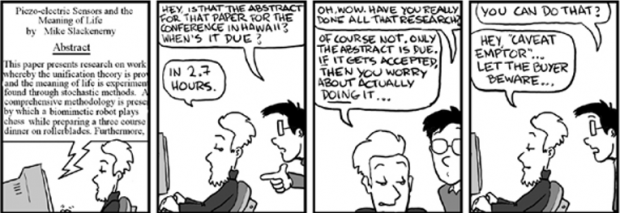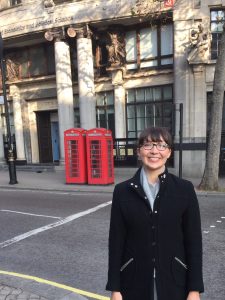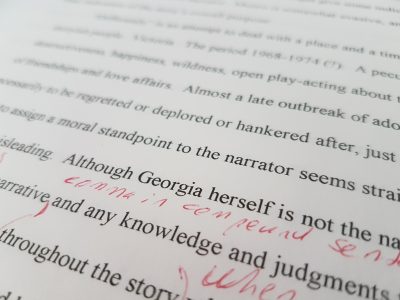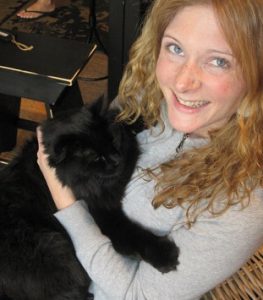By Madeline Walker with Kate Turner
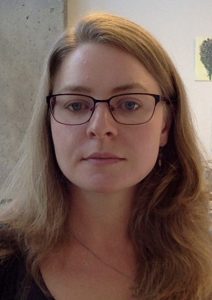
When Kate Turner’s husband got an academic job in Bogota, she knew she would need some help finishing her dissertation. Writing a dissertation is challenging in familiar surroundings with supportive colleagues, but accomplishing this goal in an unfamiliar city with few local contacts is even more difficult. Help, however, was closer than she imagined. When Kate heard that her friend, Daniel, a postdoctoral fellow at Yale, had committed to daily writing with another friend, Marieka, she asked to join them. Daniel and Marieka called their initiative “DiMoWriMo,” short for “dissertation to monograph writing month.” Taking their inspiration from novel writing month every November (https://nanowrimo.org/ ), Daniel and Marieka’s goal was to turn their recently completed dissertations into books. Kate’s final goal was slightly different from Daniel’s and Marieka’s, but her objective—to write a lot every day—was the same.
The three writers entered a period of intense productivity.
Here’s how it worked: Daniel, Marieka, and Kate committed to write or revise 1,000 words per day for a month, posting daily word counts on Facebook and Twitter and keeping a record in Google Sheets. On Fridays, they chatted on Skype. The penalty for not reaching the goal? A $50 donation to an organization you don’t agree with.
Kate was part of the DiMoWriMo group for January and February 2016, and during that time she wrote and revised 55,000 words. Yes, you read the number correctly: 55,000 words! Kate reflected that “writing a thesis is really hard and can feel isolating and disempowering. You are flooded with this bulk of information. It can be helpful to know how others are going through it and deal with it in a practical way.” She credits goal setting, daily writing, frequent sharing, and friendly competitiveness for her stellar productivity.
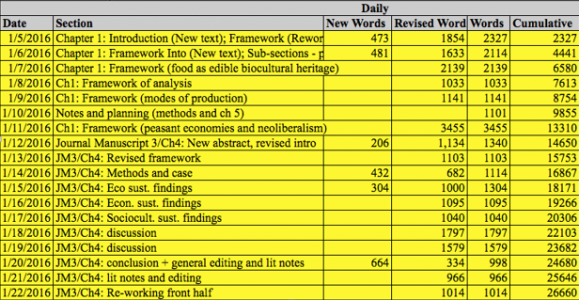
Kate finished her article-based dissertation at the University of Manitoba, and is now a SSHRC post-doc student at the School of Environmental Studies at UVic. She is working on a study about rural development and food heritage on the Pacific Coast of Colombia under supervisor Ana María Peredo. Continuing to commit to regular writing with friends, Kate uses this method to keep her accountable for her academic writing goals. Although the rules may have relaxed a little since the initial group was formed (for example, writers may write several days a week rather than every day), the key idea persists—if we harness the power of social accountability, we are likely to be more productive and feel more supported than if we write in isolation.
As November approaches, perhaps you are thinking of ramping up your writing to meet a goal. Check out Academic Writing Month, a month-long web-based writing event held every November for all academic writers. You can join in a supportive network, declare your goals, share your progress, and post results—all the while learning tips and strategies from other writers.
If you would like to start your own web-based writing group, here are a few tips from Kate to get going:
- Groups of three to six people work best.
- Set daily or weekly goals in words or hours.
- Use social media and/or Google Groups to connect daily or weekly and post achievements publicly.
- Agree on a penalty (that hurts!) for goals not met.
- Encourage each other: Finding ways to support others will have a positive effect on your own productivity—for example, share any useful resources you find.
- Keep things moving—even on low energy days you can work on less demanding tasks related to the project, such as preparing appendices or references.
- At the end of each session, plan your writing for the next day.
If a web-based writing group doesn’t appeal to you, perhaps you would prefer to join a facilitated group where people meet face to face: check out the Thesis Completion Group facilitated by Counselling at UVic.
Daniel’s blog: http://www.tubb.ca/blog/2015/12/31/dimowrimo
About Academic Writing Month; http://www.phd2published.com/acwri-2/acbowrimo/about/
About Novel Writing Month: https://nanowrimo.org/
Thesis Completion Group: https://www.uvic.ca/services/counselling/groupsworkshops/thesis-completion/index.php
The Thesis Writing Starter Kit has practical guidelines for starting a writing group.
And a great little book on how to be prolific:
Silvia, P. J. (2007). How to write a lot: A practical guide to productive academic writing. Washington, DC: American Psychological Association.
Write on!
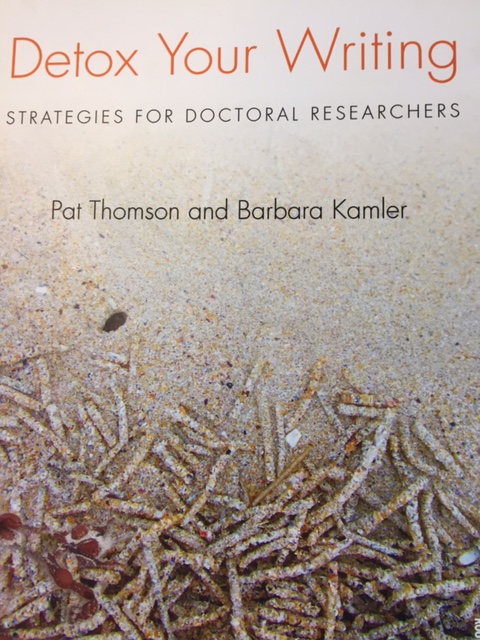 I am a big fan of Thomson and Kamler’s four-move abstract described in Detox Your Writing: Strategies for Doctoral Researchers (
I am a big fan of Thomson and Kamler’s four-move abstract described in Detox Your Writing: Strategies for Doctoral Researchers (
